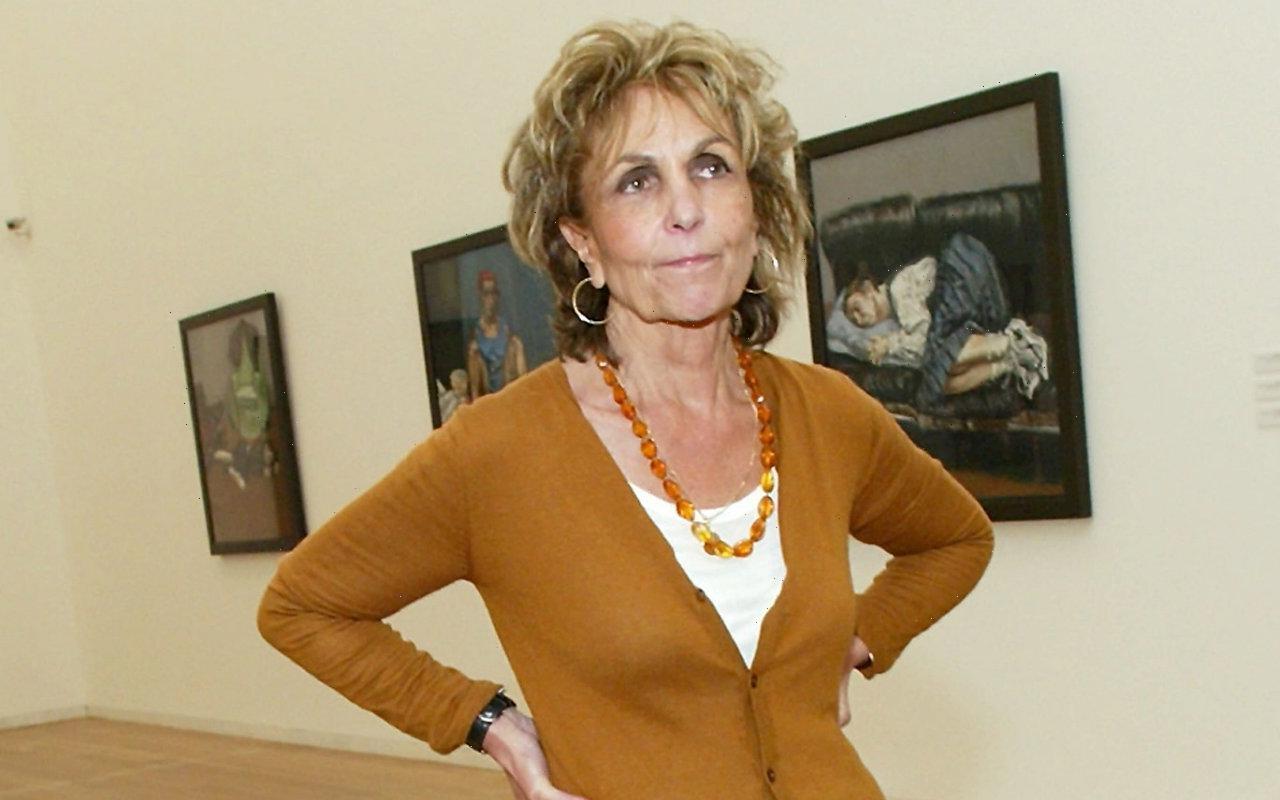A change to Facebook’s recommendation system likely accounted for a disproportionate boost in visibility and engagement to conservative political groups on the social media platform starting in 2018, according to research published Wednesday.
The research, published in the journal Research & Politics, looked at posts from the pages of nearly every county party in the U.S. and found a marked increase in shares, comments and reactions to Republican posts.
Researchers at Miami University and Wright State University, both in Ohio, used CrowdTangle, a social media analysis tool owned by Facebook’s parent company, Meta, to collect the data. They found that posts from local Democratic and Republican party pages generally had the same rate of interactions until 2018. By 2019, both parties were receiving more interactions, but a large gap formed. By July 2019, posts from local Republican parties were being shared more than three times as often as posts from local Democratic parties.
An author of the paper, Kevin Reuning, an assistant professor of political science at Miami University, pulled the data in 2020 for a different project. He said he initially didn’t understand the divergence in engagement. He said he considered that perhaps the Republican messages were just resonating more, but the same pattern wasn’t found on Twitter, and it was consistent on Facebook across over 1,000 Republican pages.
“When you’re talking about broad movement across hundreds of different vocal groups, you have to have something changing in the ecosystem,” he said. “When you take away those other possibilities, you’re left with this black box algorithm where no one really knows what gets shown and what doesn’t get shown and why.”
The new paper adds to a growing collection of data-based research that shows Facebook has consistently amplified content from conservative accounts. It is the first to suggest that an algorithm change Facebook announced in 2018 amplified Republican causes at a hyperlocal level, allowing the Republican Party to reach a wider audience and potentially affect local and state elections. Reactions, comments and shares began to trend down on Republican posts by 2021, and the gap between local Republican parties and their Democratic counterparts began to narrow again. The data ends in April 2021.
Reuning said a series of Wall Street Journal stories based on thousands of pages of internal reports and memos provided to the Securities and Exchange Commission last year by Frances Haugen, a Facebook product manager-turned-whistleblower, made him consider whether Facebook had a hand in the sudden shift.
A 2018 overhaul in Facebook’s News Feed product toward what it called “meaningful social interactions,” or MSI, boosted content using reactions, comments and shares, and it was meant to predict which posts users wanted to interact with and deprioritize public and news content. In practice, according to internal Facebook documents and outside researchers, letting MSI determine how content appeared to users made the platform an angrier, more polarized place, and it rewarded users and groups who shared the most divisive, shocking and misinformed content.
Dani Lever, a spokesperson for Meta, disputed the new findings.
“While we were barred from reviewing this research, it doesn’t add up with what MSI actually did, which was reduce the amount of public content — like that of political parties — on the platform. The trends here instead seem to coincide with a divisive election cycle, and since the differences between political parties in the U.S. have been growing for decades, the idea that a change to Facebook ranking would fundamentally shift how people choose to engage with political parties is implausible,” Lever said in an email.
Facebook responded to the Wall Street Journal stories by downplaying its role in polarizing content. “Research shows certain partisan divisions in our society have been growing for many decades, long before platforms like Facebook even existed,” Facebook spokesperson Andy Stone told The Journal.
The impact MSI had on global politics was known within Facebook.
“Our aim to foster more meaningful interactions (MSI) with close friends is deeply laudable,” read a 2019 internal memo from a team of data scientists, which was included in the documents provided by Haugen and viewed by NBC News. “But our approach has had unhealthy side effects on important slices of public content, such as politics and news.” The data scientists wrote that there was “strong evidence” that the impacts were attributable to its algorithm.
The internal memo reported that political parties were engaging in increasingly harsh attacks on their political opponents and taking more extreme policy positions. The political parties were “trapped in an inescapable cycle of negative campaigning by the incentive structures of the platform,” according to the memo, which cited political parties in the European Union, India and Taiwan.
“Many parties, including those that have shifted strongly to the negative, worry about the long-term effects on democracy,” the report said. Recommendations to reverse the impact included providing political parties with “special pages that operate under the old algorithm.”
Jeff Allen, a former data scientist at Facebook, said the new research made sense even if the precise cause of the Republicans’ outsize success over Democrats was unclear.
Allen, who left the company in 2019 and co-founded the Integrity Institute, a think tank aimed at building a better social internet, said the change appeared to open the door for groups to take advantage of the new system.
“It’s not all that surprising,” Allen said in a phone interview. “Platforms optimize for various things, and certain actors are going to be able to respond better than others.”
The new research, coupled with the timing of the algorithm changes and the reports from global political organizations, raised “a real red flag,” Allen said.
“The platform should take that seriously,” he said.
The Miami University research didn’t analyze the tone or the specific subject of the posted content, so it’s unclear whether local Republican Party pages may have been rewarded for existing levels of negativity or whether they may have noticed the increased engagement for the polarizing content and produced more of it, as the Facebook internal memo reported global political parties did.
Even as the reach of local Republican parties approached new heights, the national GOP messaging remained rooted in an ideologically opposed argument: that Facebook was somehow throttling conservative messages and hampering their ability to connect with supporters.
In a 2020 Pew Research Center survey, 90 percent of Republicans reported believing that social media platforms intentionally censored political opinions.
Source: Read Full Article

